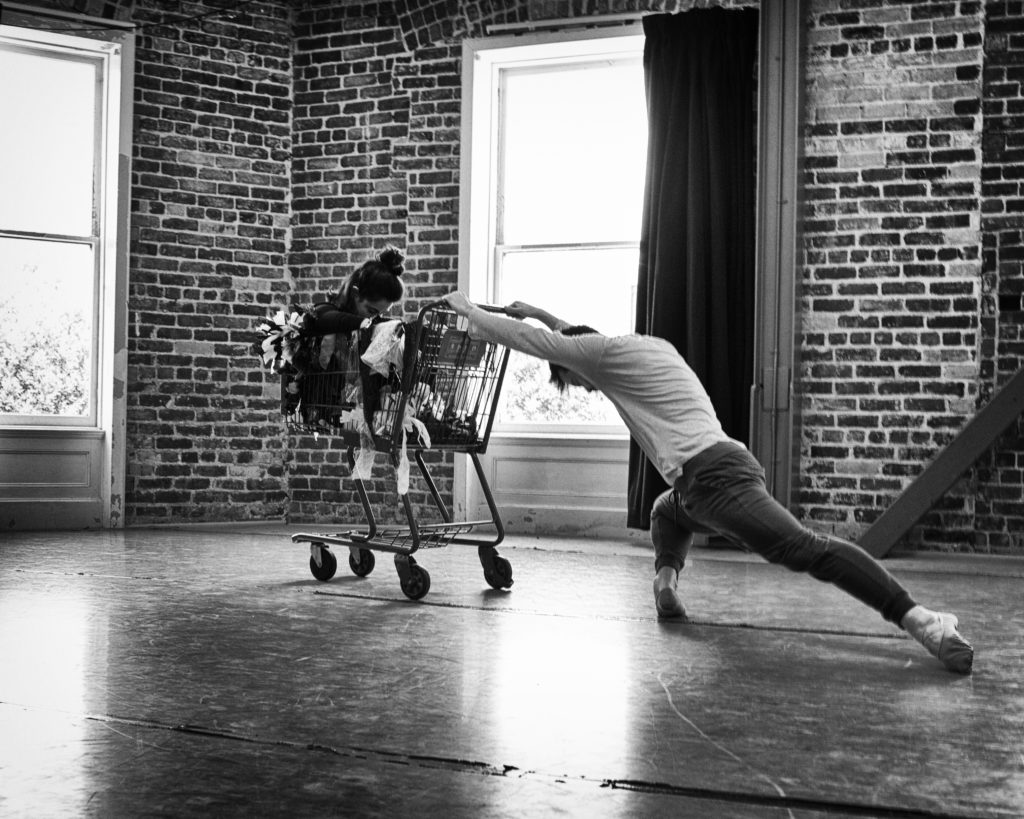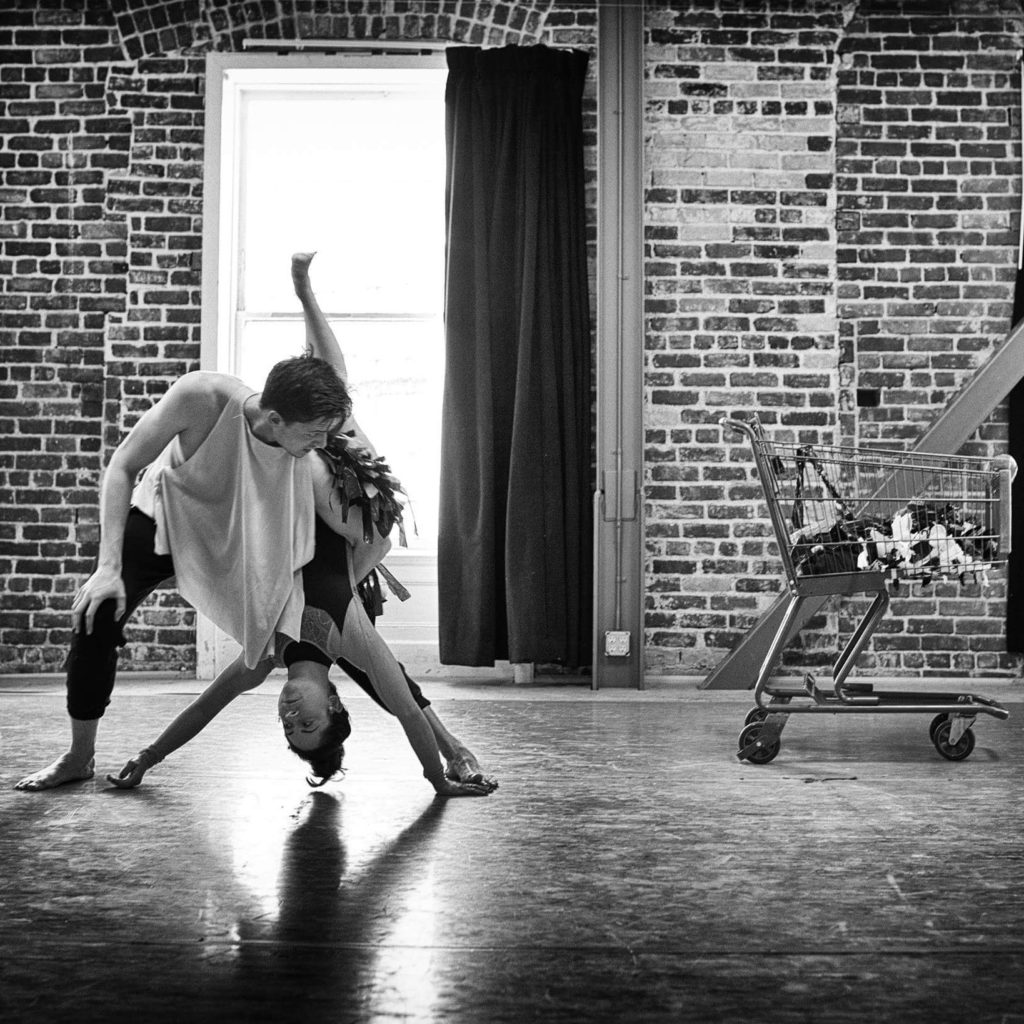
Picture this.
You are eight. Your father brings you to a strange apartment in a neighborhood far away from where you live. It’s dark and smells like pee. He holds your hand as the door opens and a man in a white, stained tee-shirt says something to your father that may or may not be in English. It’s a question and your father knows the right answer. The door opens to let him in.
“I’ll just be a minute,” your father says. And you believe him because he’s your father. And he’s tall and strong, and he takes care of you.
The door shuts behind him.
The hall makes funny sounds. Shuffling, as if there is an animal somewhere. You hear whispering, but can’t tell where it’s coming from. A door downstairs slams. A baby cries. You father is taking a long time. Your belly feels funny—hollow and tight. Steps sound behind you, so you fold yourself into a small ball near the wall. A man passes. He doesn’t notice you. You are invisible. The apartment door opens again, and as the man goes in, your father comes out and, as you breathe again, he holds his arms out to you.
My father was many things, as all people are. He was an artist. He was a son. He was, for a while, a husband. He was, for a while, a heroin addict. He was, for a while, homeless. But he was always my father.
In 1979 my mother, then in her early thirties, told my father their marriage was over. For all the wonderful things my father was, resilient was not one of them. His heroin addiction took full hold of him and he ended up homeless on the streets of New York City. I was 11.

For several years, I would walk around Chinatown and Greenwich Village looking for him. Usually, I knew where he would be—he had found a home of sorts in a theater dressing room. But sometimes he would be nodding out at Bagel Buffet, near where I went to ballet classes. And sometimes he would be just in the doorway of my ballet studio, watching his daughter, like any father, except he hadn’t bathed, and his many layers of clothes told his story… right there for everyone to see.
There’s no one size fits all for getting off the streets or for getting clean. Eventually, my father went to rehab. He said he did it for my brother and me. And he was clean for the last 20 years of his life. For me, it was as if the layers of addiction and street dirt peeled away to reveal the true person beneath, a person full of love and talent and generosity and kindness.
He came to visit me here in San Francisco a few years after I arrived. He had been clean for about five years. Walking down Haight Street one afternoon he stopped. “Hey,” he said to a homeless kid. She had piercings in her face and a backpack. I would have walked right by her without a second thought. “How you doing?” He knew her. Recognized her from the upstate New York town where he lived. She told him about her abusive family, about her trek West. He gave her a hug. I would have walked right by.
This is what I try to see when I walk around San Francisco today: Under all the layers of clothing, layers of trauma, and layers of filth, are people who have real lives. They may be someone’s father or mother. Certainly they are someone’s son or daughter. They are people with valuable stories, with a past, and with, I hope, promising stories to come.
From Shadows: a ballet about homelessness, tells a story about the many homeless people I see every day in my neighborhood in the Mission and all over the Bay Area. I see people walk by without a glance; I see people who want to help but do not know what to do; I see people disgusted; and I see myself in all of these people. I want us to hold on to our humanity in the face of such despair. Let’s find an alternative. What could we gain if we saw the humanity in every person? What would happen if we treated everyone with dignity and compassion? Picture it.
From the Shadows will be featured on October 12 and 13th, 2017 at the ODC Theater at 3153 17th Street, San Francisco, CA. A portion of the ticket sales will go towards the Street Sheet. To buy tickets, visit www.marikabrussel.com.

